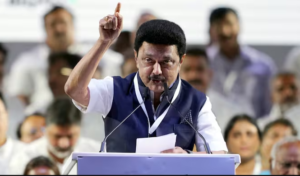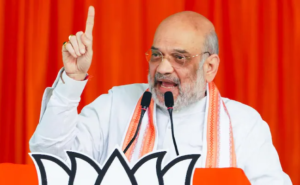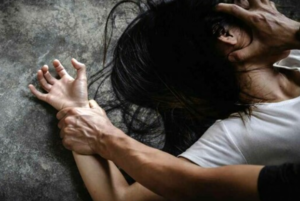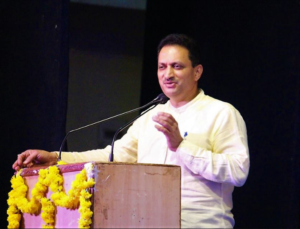Sri Lankan PM Mahinda Rajapaksa Resigns Amid Massive Clashes, Curfew

Now that the Prime Minister has resigned, President Rajapaksa is expected to invite all the political parties in Parliament to form an all-party Cabinet.
New Delhi:
As the nationwide protest continues to intensify, Sri Lankan Prime Minister Mahinda Rajapaksa on Monday resigned, a move that is likely to pave the way for a new cabinet in the crisis marred country.
This comes days after President Gotbaya Rajapaksa in a special meeting on Friday requested the Prime Minister to step down as a solution to the ongoing political crisis in the country, Sri Lanka’s Daily Mirror reported.
Now that the Prime Minister has resigned, President Rajapaksa is expected to invite all the political parties in Parliament to form an all-party Cabinet.
Earlier, the opposition party Samagi Jana Balawegaya (SJB) confirmed that its leader Sajith Premadasa will not accept the PM’s post in an interim government.
On Monday morning protesters held a demonstration opposite the Temple Trees, the official residence of the prime minister, urging Prime Minister Mahinda Rajapaksa not to resign.
Following their meeting with the prime minister, they clashed with anti-government protesters near the Temple Trees. At least 16 people who sustained injuries have been admitted to the Colombo National Hospital.
The resignation came shortly after he put out a tweet urging the general public to exercise restraint.
“While emotions are running high in #lka, I urge our general public to exercise restraint & remember that violence only begets violence. The economic crisis we’re in needs an economic solution which this administration is committed to resolving,” Mahinda said in a tweet.
Responding to Mahinda’s tweet, former Sri Lankan cricketer Kumar Sangakkara said, “The only violence was perpetrated by your ‘supporters’ – goons and thugs who came to your office first before going on to assault the peaceful protestors.”
Sri Lanka has been plunged in weeks of economic crisis stemming from a foreign exchange shortage which has led to a shortage in essential supplies such as fuel, food and medicines.
Protests have been ongoing for days calling on the government and lawmakers to find urgent solutions.





